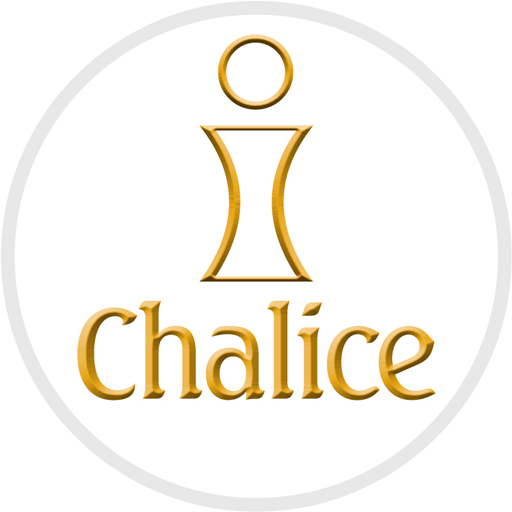The community of Mikinduri looks lush and beautiful. It’s as though God made it just for growing bananas and papayas.
But the people are not thriving as well. Most families in Mikinduri, Kenya, are smallholder farmers, relying on rain-fed agriculture for their livelihoods and daily diets. Weather patterns are changing, and that’s affecting harvests. Food insecurity is widespread.

Three elementary schools are feeling this the most: Kamuyine Public School, Our Lady of Mt. Carmel Primary, and Akaiga Primary. More than 1500 children attend one of these three schools every day.
There is no water connection at Mt. Carmel, nor in the surrounding village. Akaiga Primary is not connected to any water source and relies on rainfall. Washing, drinking, cooking, and irrigating their farm all depend on harvesting water during the rainy season. Likewise, Kamuyine’s main source of water is rainfall, too.
During the long dry seasons, children must either carry water from home for drinking, or wait until the end of the school day to get a drink at home. The chore of fetching water falls disproportionately to girls and women, taking them away from their studies or livelihoods.
And the dry seasons are getting longer.
“With the recent changes in climate there’s a prolonged drought,” says Mr. Ogolla, a county official, “the local people are facing starvation and a huge water crisis – with the schools being the most affected.”
“There’s a looming health hazard to the whole community especially the school-going children.”
The water they collect from ponds and rivers isn’t safe, and the schools aren’t able to keep sanitary facilities. Children cannot wash their hands properly. As a result, the teachers are seeing a steep rise in absenteeism because the children are sick with waterborne illnesses such as dysentery, cholera and typhoid. These diseases can be recurrent and require costly medication. The children’s health suffers, as do their grades, and their parents struggle to afford the necessary medicine.
In response to this crisis, Chalice and the Mikinduri sponsor site are drilling borehole wells at each school. Their solar-powered pumps will pipe water to several access points for the students, staff, and families.
The community-based wells will be used for household and school needs as well as small-scale irrigation farming to grow vegetables and food crops. With a reliable source of water, the communities will be able to cultivate their lands year-round. These lands have great potential to be highly productive, and the families can prosper.
“This noble project will help the schools retain children in school and also offer a source of water for the communities,” says Fr. Lucas, the local pastor.
“Thank you for your continued support of our community.”
You can support the borehole well at Our Lady of Mt. Carmel or Kamuyine today!
Follow Chalice on Facebook and Instagram for daily updates from our sponsor sites, impact stories, and more!
